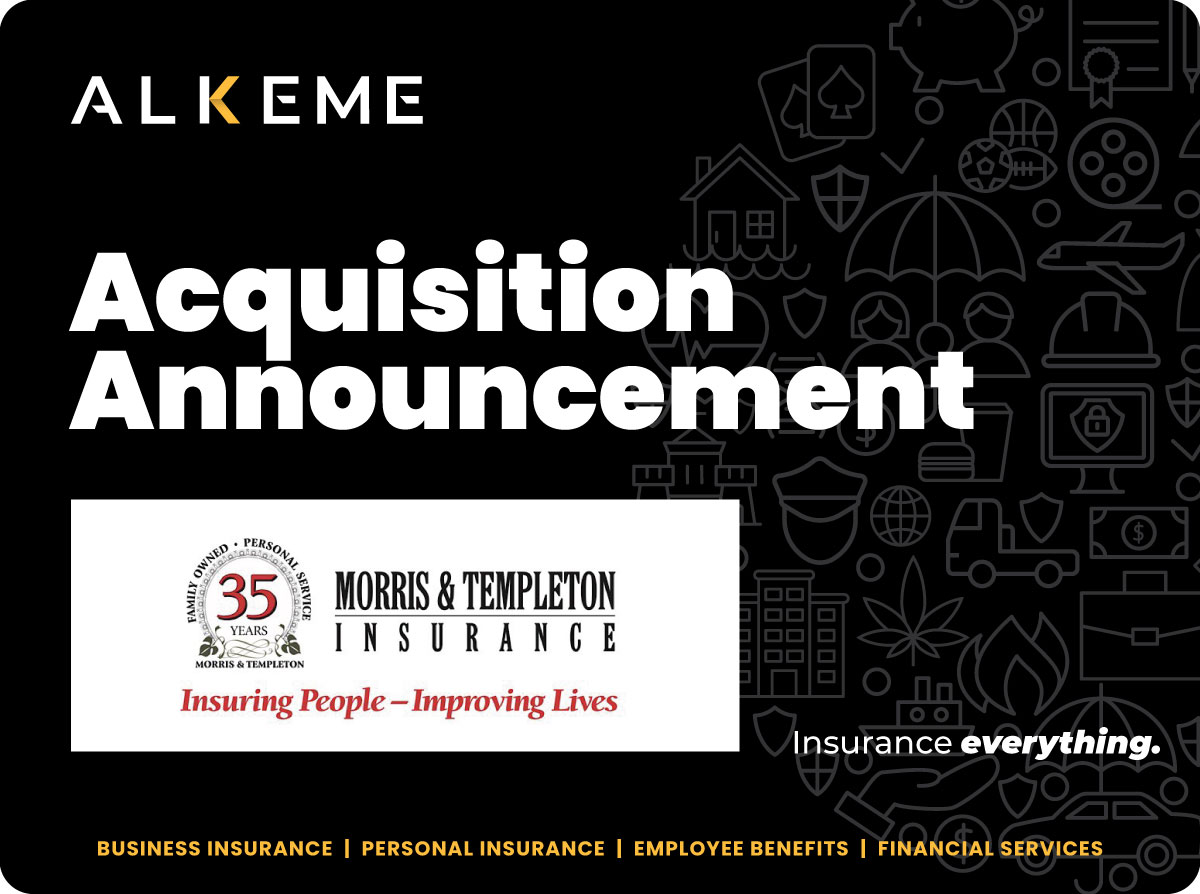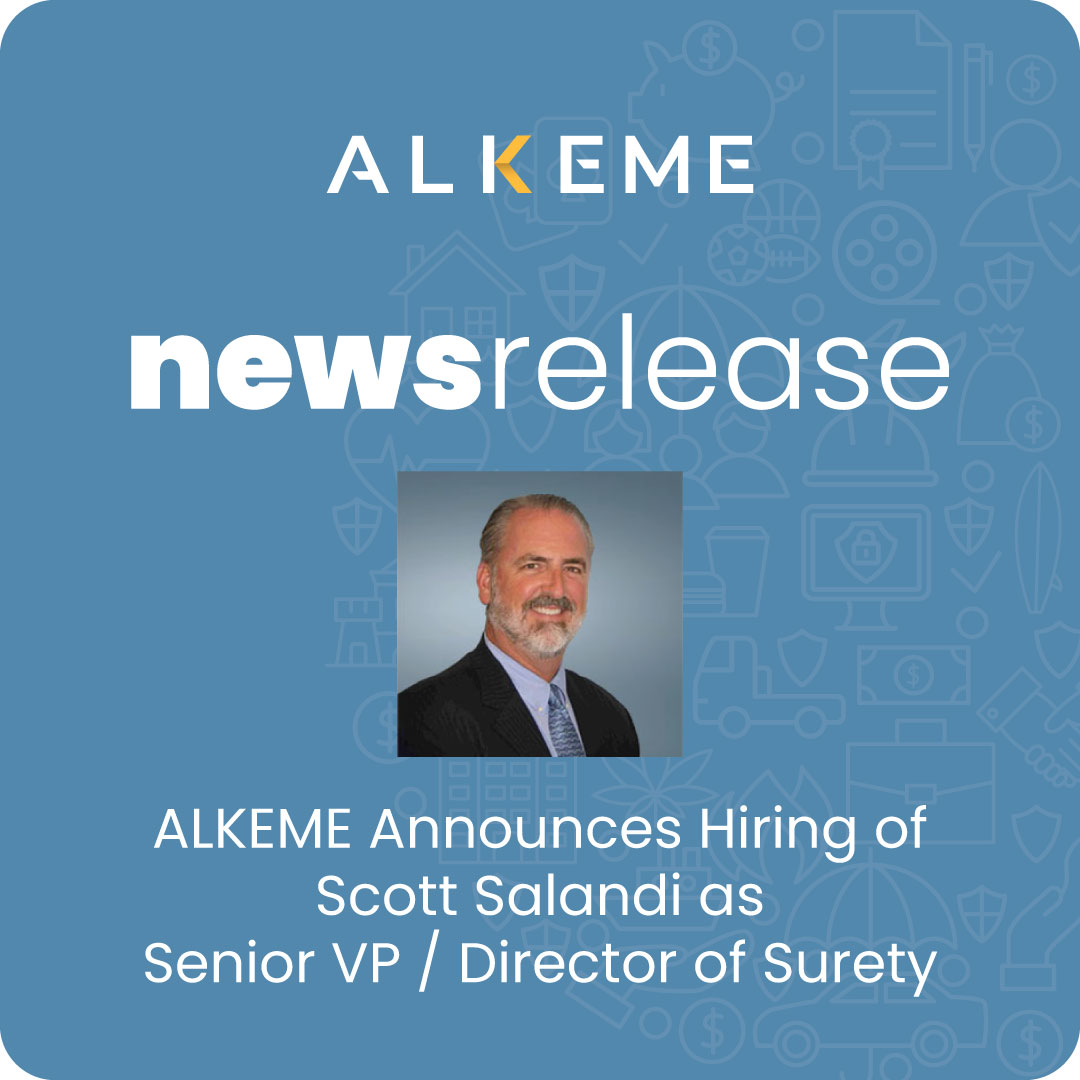In the vibrant world of nightlife, security guards play a crucial role in maintaining order, ensuring safety, and protecting both patrons and property. Yet, with the energetic atmosphere and alcohol-fueled crowds, security guards in nightclubs and bars face unique risks and challenges that require careful consideration of insurance coverage. In this blog, we’ll explore the importance of insurance for security guards in nightlife establishments and discuss how coverage may differ from other locations.
Understanding the Risks
Security guards in nightclubs and bars operate in an environment characterized by high-energy crowds, alcohol consumption, and late-night hours. Understanding the unique risks associated with providing security in these establishments is essential for implementing effective risk management strategies and securing appropriate insurance coverage. Here’s a closer look at the specific risks faced by security guards in nightclubs and bars:
- Physical Altercations: Nightlife environments can be volatile, with tensions running high and conflicts escalating quickly. Security guards may encounter physical altercations among patrons, whether provoked by disagreements, intoxication, or other factors. Managing these confrontations requires a delicate balance of assertiveness, diplomacy, and de-escalation techniques to prevent violence and maintain order.
- Theft and Property Damage: Nightclubs and bars are prime targets for theft, vandalism, and property damage. Crowded dance floors, dim lighting, and distracted patrons create opportunities for theft of personal belongings, such as wallets, phones, or purses. Additionally, intoxicated individuals may engage in destructive behavior, causing damage to furniture, fixtures, or decor. Security guards must remain vigilant to deter theft and vandalism, patrol vulnerable areas, and intervene promptly to address any incidents.
- Alcohol-Related Incidents: Serving alcohol in nightlife establishments introduces additional risks, as intoxication can impair judgment, inhibit self-control, and increase the likelihood of disruptive behavior. Security guards may encounter patrons who are intoxicated, belligerent, or non-compliant with venue rules. Managing these situations requires tact, empathy, and firm enforcement of policies regarding alcohol consumption, age verification, and responsible behavior.
- Legal Liabilities: Nightclubs and bars are susceptible to a variety of legal liabilities, including premises liability, negligence claims, and lawsuits stemming from incidents on the premises. Security guards may face allegations of excessive force, wrongful detention, or inadequate security measures, leading to costly legal proceedings and potential damages. It’s essential for security firms to implement comprehensive risk management protocols, maintain accurate documentation, and ensure compliance with applicable laws and regulations to mitigate legal risks.
- Crowd Control Challenges: Nightlife establishments often attract large crowds, especially during peak hours or special events. Security guards are responsible for managing crowd flow, enforcing capacity limits, and ensuring the safety of patrons in crowded spaces. Effective crowd control requires coordination, communication, and proactive measures to prevent overcrowding, stampedes, or other hazards that can pose risks to public safety.
By understanding and addressing these risks, security guards can better prepare for the challenges they may encounter in nightclubs and bars. Proactive risk management strategies, comprehensive training programs, and collaboration with venue management and local authorities are essential for maintaining a safe and secure environment for patrons and staff alike. Additionally, securing appropriate insurance coverage tailored to the specific risks of nightlife security operations is critical for protecting against financial losses and liabilities resulting from incidents on the premises.
Insurance Coverage for Nightlife Security Guards
- General Liability Insurance: General liability coverage is essential for protecting against bodily injury, property damage, and personal injury claims arising from incidents on the premises. It provides financial protection against lawsuits and damages resulting from accidents or negligence.
- Liquor Liability Insurance: Nightclubs and bars that serve alcohol must also carry liquor liability insurance to cover claims related to alcohol-related incidents such as fights, assaults, or accidents involving intoxicated patrons. This coverage helps mitigate the risks associated with serving alcohol and the potential for alcohol-related liabilities.
- Assault and Battery Coverage: Given the heightened risk of physical altercations in nightlife establishments, assault and battery coverage is crucial for guards facing potential violence while on duty. This coverage protects against claims resulting from acts of violence or aggression, providing financial support in the event of lawsuits or legal proceedings.
- Employment Practices Liability Insurance (EPLI): EPLI protects against claims of wrongful termination, discrimination, or harassment brought by security guards or other employees. It safeguards the nightclub or bar against employment-related lawsuits and helps mitigate the financial risks associated with employment disputes.
- Property Insurance: Property insurance is essential for protecting against damage to nightclub or bar property, including vandalism, theft, or fire. This coverage ensures that the establishment can recover financially from property damage or loss and continue operations without significant disruption.
Unique Considerations for Nightlife Security Insurance
Security firms providing services in nightclubs and bars must take into account the distinct characteristics of these establishments when obtaining insurance coverage. The dynamic nature of nightlife environments presents unique risks and challenges that may require specialized insurance considerations. Here are some key factors to consider:
- Alcohol-Related Incidents Coverage: Given the prevalence of alcohol consumption in nightclubs and bars, insurance policies for nightlife security guards should include comprehensive coverage for alcohol-related incidents. This may involve liquor liability insurance, which protects against claims arising from accidents, injuries, or property damage resulting from alcohol-related incidents on the premises. Additionally, policies may need to address the potential for claims related to overserving, underage drinking, or intoxicated patrons causing disturbances.
- Assault and Battery Coverage: Security guards in nightlife establishments are at a heightened risk of encountering physical altercations and violence while on duty. Assault and battery coverage is crucial for protecting against claims resulting from acts of violence committed by security personnel or third parties. This coverage provides financial support for legal expenses, settlements, or damages arising from incidents involving physical harm or assault.
- Crowd Control Risks: Nightclubs and bars often attract large crowds, especially during peak hours or special events. Insurance policies should address the unique risks associated with managing crowds, including the potential for overcrowding, stampedes, or accidents in densely populated areas. Coverage for crowd control risks may encompass liability protection for injuries or damages resulting from crowd-related incidents, as well as coverage for security measures such as barriers, crowd management equipment, or emergency response protocols.
- Exclusions for Intoxicated Patrons: Insurance policies for nightlife security guards may include exclusions or limitations related to incidents involving intoxicated patrons. This may include exclusions for claims arising from altercations with intoxicated individuals, injuries sustained while intoxicated, or other alcohol-related incidents. Security firms should carefully review policy terms and exclusions to ensure they understand the scope of coverage and any limitations that may apply in cases involving intoxicated patrons.
- Specialized Training Requirements: Given the unique risks and challenges of providing security in nightlife environments, insurers may require security guards to undergo specialized training or certification. This training may focus on conflict resolution, de-escalation techniques, crowd management, and legal considerations specific to nightlife security operations. Compliance with training requirements may be a prerequisite for obtaining insurance coverage or may impact premium rates based on the level of training and expertise demonstrated by security personnel.
- High-Risk Activities Exclusions: Insurance policies for nightlife security guards may contain exclusions or limitations for certain high-risk activities commonly associated with nightlife establishments. This may include exclusions for activities such as bouncer-style security, which involves physical intervention or removal of disruptive individuals from the premises. Security firms should be aware of any exclusions or limitations that may apply to their operations and take steps to mitigate associated risks through proper training, protocols, and risk management strategies.
By addressing these unique considerations in their insurance policies, security firms can better protect against the specific risks and liabilities associated with providing security services in nightclubs and bars. Working with knowledgeable insurance providers who understand the nuances of nightlife security operations is essential for securing comprehensive coverage that meets the unique needs of the industry.
Risk Management Strategies
To mitigate risks and reduce insurance claims in nightlife establishments, security firms should prioritize proper training, robust security protocols, and collaboration with local law enforcement and emergency services. Training in conflict resolution, de-escalation techniques, and crowd control is essential for security guards to effectively manage challenging situations and maintain a safe environment for patrons and staff.
Insurance coverage tailored to the unique risks of nightlife security guards is essential for protecting against financial losses, legal liabilities, and reputational damage. By understanding the specific risks faced in nightclubs and bars and securing appropriate insurance coverage, security firms can ensure the safety and security of patrons and property while mitigating potential liabilities in the dynamic world of nightlife.
Share this article
Follow us
Latest articles
July 27, 2024
July 27, 2024




